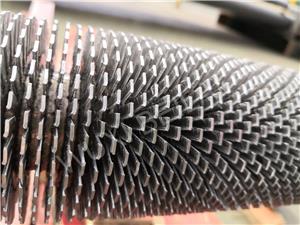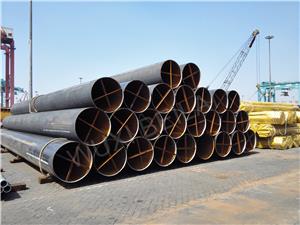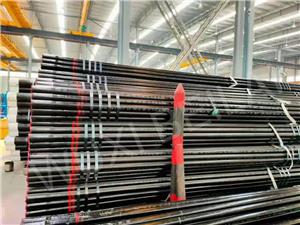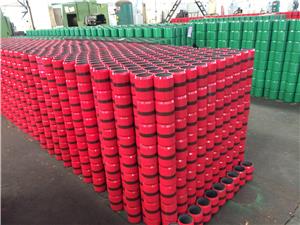Sustainable innovation for boiler tubes
In the field of boiler tube, the importance of environmental protection technology is becoming increasingly prominent. As an indispensable equipment in energy production and industrial manufacturing, boiler tubes not only provide the required heat energy and steam for the society, but also inevitably produce waste gas, waste water and consume a lot of energy. These emissions and consumption of resources pose serious challenges to the environment and sustainable development. Therefore, the development and application of boiler tube environmental protection technology has become an important issue in today's industrial field.
1. Flue gas purification technology:
Sulfide and nitrogen oxides in flue gas are one of the main pollutants. In order to reduce the emission of these pollutants, the boiler tube has introduced desulfurization and denitrification technology. Desulphurization technology usually uses gypsum wet desulphurization or ammonia desulphurization to capture and convert the sulfide into harmless compounds. The denitrification technology uses selective catalytic reduction (SCR) and selective non-catalytic reduction (SNCR) methods to effectively reduce nitrogen oxide emissions.
2. Waste heat recovery:
Waste heat recovery technology is designed to take waste heat discharged from boiler tubes and use it to heat water or generate additional steam. This not only improves energy efficiency, but also reduces additional fuel consumption, helping to lower carbon emissions.
3. Intelligent monitoring and control:
Intelligent monitoring system is widely used in modern boiler tubes to monitor the running state of boiler tubes in real time. These systems can automatically adjust the combustion parameters according to the actual situation, optimize the combustion process, reduce exhaust gas emissions and energy waste.
4. Fuel improvement:
Choosing cleaner fuels, such as natural gas or biomass fuel, can help reduce carbon emissions from boiler tubes. Efficient combustion technologies, such as gasification and liquefaction, can improve combustion efficiency and reduce harmful gas emissions.
5. Wastewater treatment:
It is very important to establish a wastewater treatment system for the wastewater generated by boiler tube operation. These systems are able to treat wastewater into water that meets discharge standards, reducing pollution to the water body.
6. Green Design and Manufacturing:
Environmental factors are considered in the design and manufacture of boiler tubes, and environmentally friendly materials and processes are selected to reduce the environmental impact in the production process.
7. Renewable energy applications:
The field of boiler tubes is also actively exploring the use of renewable energy instead of traditional energy. Technologies such as solar hot water boilers and biomass boilers are already being used in some applications to reduce greenhouse gas emissions.
8. Heat utilization of waste:
Waste heat from boiler tubes can be used in heating or cooling processes to improve energy efficiency and reduce waste heat emissions.
Overall, the environmental protection technology of boiler tubes not only helps to reduce the adverse impact on the environment, but also improves energy efficiency and reduces operating costs. The application of these technologies is becoming increasingly important in the field of boiler tubes, contributing to the realization of clean and sustainable energy production and industrial manufacturing. By continuing to innovate and adopt these technologies, we can better balance energy demand and environmental protection and move towards a sustainable future.




